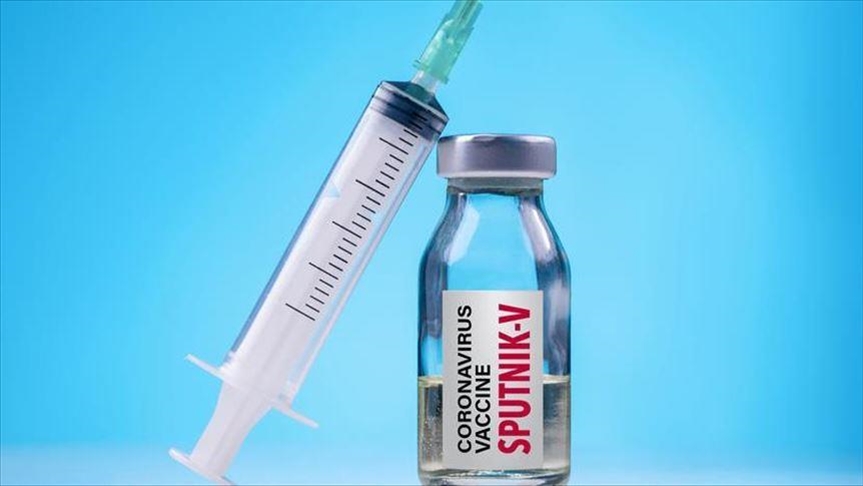An advanced study published by Russian scientists has indicated that the country’s Sputnik V vaccine is 91% effective and appears to prevent people from becoming severely ill with COVID-19.
In the study published in a British medical Journal, Lancet, researchers revealed the result is based on a trial that involved about 20,000 people in Russia last fall. It added that the jab also appeared to be about 92% effective in people over 60.
External scientists that reviewed the research acknowledged that the speed at which the Russia vaccine was made and rolled out was criticized for “unseemly haste, corner cutting and an absence of transparency.”
“But the outcome reported here is clear,” British scientists Ian Jones and Polly Roy wrote in an accompanying commentary. “Another vaccine can now join the fight to reduce the incidence of COVID-19.”
The Sputnik V vaccine was approved by the Russian government on August 11 last year. Russian President, Vladimir Putin personally broke the news on national television and said one of his daughters had already been vaccinated with it. At the time, the vaccine had only been tested in several dozen people.

Some early results on it were published in September, but participants had only been followed for 42 days and there was no comparison group.
Sputnik V uses a modified version of the common cold-causing adenovirus to carry genes for the spike protein in the coronavirus as a way to prompt the body to react if COVID-19 comes along. It’s a similar technology to the vaccine developed by AstraZeneca and Oxford University. But unlike AstraZeneca’s two-dose vaccine, the Russians used a slightly different adenovirus for the second booster shot.
Some experts say that approach may explain why the Russian vaccine seems to have produced a better immune response than the AstraZeneca vaccine, which has a reported efficacy rate of about 70%.
“This aims to drive higher immune responses to the target ‘spike’ by using two slightly different jabs,” said Alexander Edwards, an associate professor in biomedical technology at Britain’s University of Reading, who was not connected to the Russian research.
He said if you have two identical shots, it’s possible the immune system doesn’t get as big a boost from the second injection.
Sputnik V was widely distributed in a large-scale vaccination campaign in Russia in December, with doctors and teachers the first in line.

In early January, the Russian Direct Investment Fund (RDIF) said over one million Russians had already been vaccinated with it.
Outside Russia, Sputnik V has received authorization in over a dozen countries, according to the fund — including Belarus, Armenia and Turkmenistan; Latin American nations including Argentina, Bolivia and Venezuela; African nations such as Algeria as well as Serbia, Iran, Palestine and UAE.
In all, the RDIF said more than 50 countries have submitted applications for 2.4 billion doses.
The European Medicines Agency has said the developers of Sputnik V recently asked for advice on what data they needed to submit for the agency’s experts to consider recommending that the vaccine be approved in the 27-nation European Union.




















